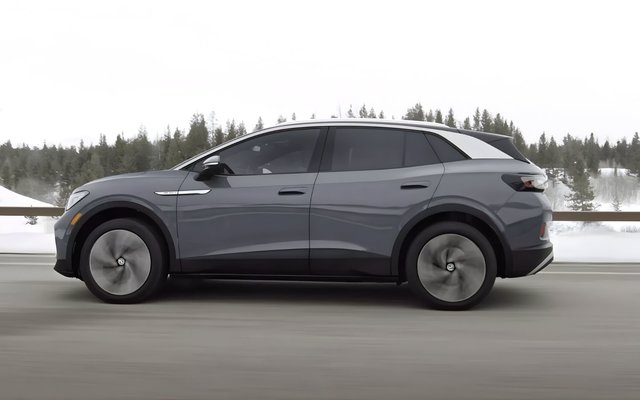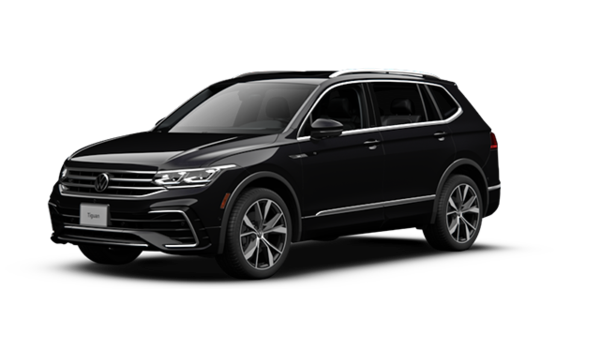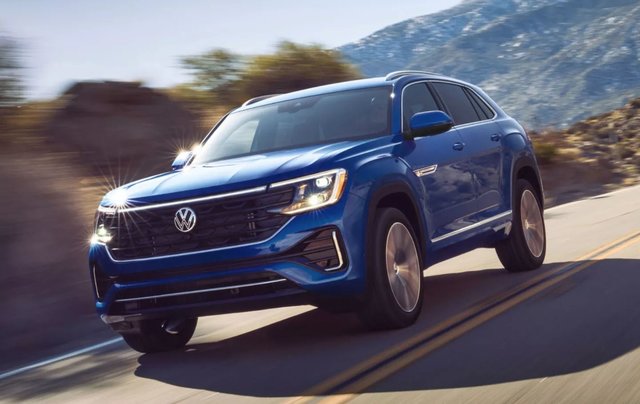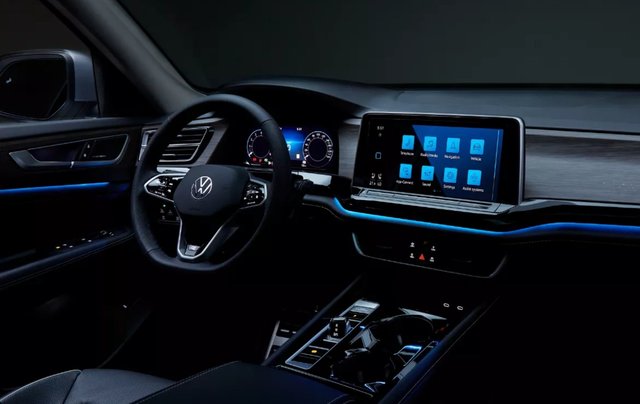Volkswagen recently presented its plan to take advantage of the opportunities that are arising from the electric and digital mobility era. Volkswagen plans to make decarbonization and sustainability as part of its new strategy. As per its latest statement, Volkswagen is planning to reduce its carbon footprint by almost 30% by 2030.
It also expects its share of battery-electric vehicles to increase to 50% during the same period. By 2040, the company expects that nearly 100% of all vehicles will be zero-emission. By 2050, Volkswagen expects to operate climate neutral.
Revenue
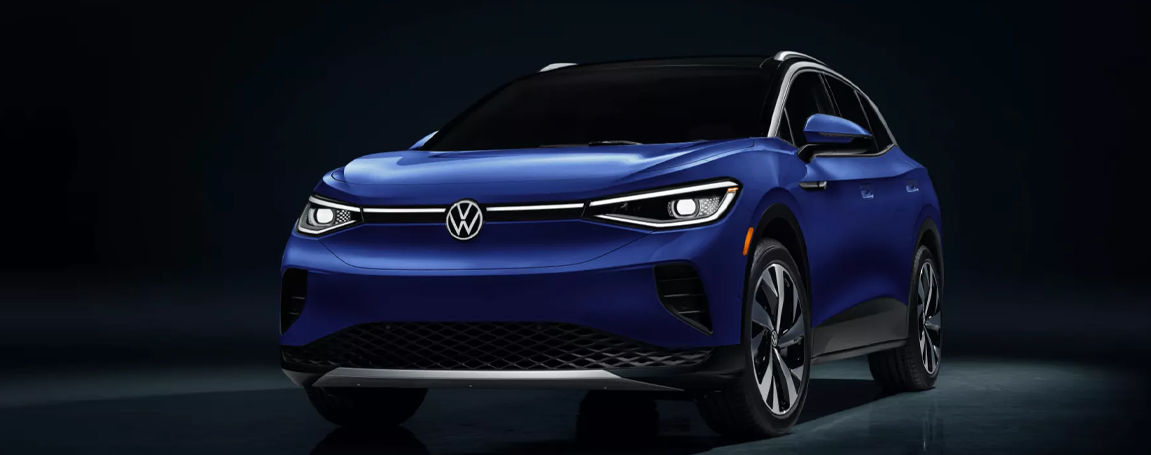
Volkswagen is expected to shift its revenue and profit pools from ICEs (internal combustion engines) to BEVs (battery electric vehicles). It also plans to focus on services and software boosted by autonomous driving. As per the latest estimate, the ICE market is expected to drop by almost 20% in the next decade and BEVs are expected to rise in the same period.
Staffing
Volkswagen is also expected to double its staff in its energy and charging division. It is also expected to roll out new payment technology by 2024 and form alliances to take on major EV players like Tesla.
Volkswagen will convince customers that are worried about battery ranges by providing sufficient power and fast-charging plugs. They believe this will help customers ditch their cars that are running on fossil fuel. Volkswagen has also brought in Elke Temme, a power industry expert, who spent almost 20 years with RWE and Innogy, top German energy companies. This will help them get better and take on Tesla. Temme is working on building Volkswagen’s power activities and improving its infrastructure.
Investment Plans
As per the latest Volkswagen updates, it is currently leading the market in terms of EV investment plans and batteries and is expected to be a world leader by 2030. Volkswagen plans to spend almost 35 billion euros by 2025 on EV batteries. While Volkswagen still has some catching up to do in terms of fast chargers, it is expected to do its bit in reducing the gap. Tesla has been delivering high-performance superchargers for many years and has over 30,000 fast chargers globally. These chargers can give a 200km boost in just 15 minutes.
Volkswagen has doubled its network in the last 18 months, and this is expected to triple by 2024. Volkswagen also expects its fast chargers network to quadruple by 2025 and overhaul Tesla in the EV market. With over 300,000 Volkswagen employees deployed in traditional car production, a massive overhaul is expected in the next decade. The management has been working closely to ensure that none of the staff is affected during the transition. It also plans to re-skill its staff so they can acquire software-based capabilities.
Conclusion

Volkswagen has been one of the leaders in the automobile industry for quite a while now. It remains to be seen if it can maintain its position during this transition phase. Having said that, there are many Volkswagen EV models at the moment, and you can check them out with Myers Hunt Club Volkswagen. They would be glad to assist and deliver your future car to you.
